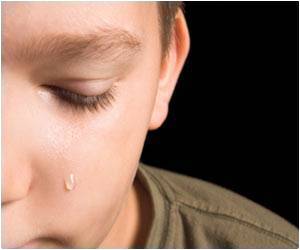A new study says that older people who love to interact and socialise in parties, are less likely to experience memory loss.
Older people who love to interact and socialise in parties, are less likely to experience memory loss, a problem long been associated with aging, says a new study.
While memory loss is feared to have devastating effects on the quality of life among older people, researchers at Harvard School of Public Health have proved that elderly people with active social lives may have a slower rate of memory decline."We hope this study adds to and advances our growing understanding of the important role that social forces play in shaping health," Live Science quoted researcher Karen Ertel, a postdoctoral fellow in the Department of Society, Human Development and Health at HSPH, as saying.
In earlier studies it was mentioned that an active social life may cut the risk of dementia and cognitive decline among the elderly. While memory loss is considered to be a strong risk factor for dementia, researchers wanted to know if memory loss is also linked with social connectedness.
For the study, researchers collected data from 1998 to 2004 from the Health and Retirement Study, a large, nationally representative population of U.S. adults 50 years and older.
In 1998, 2000, 2002 and 2004, the memory was examined by reading a list of 10 common nouns to survey respondents. They were then asked to recall as many words as possible immediately and after a five-minute delay. Also, the researchers took into account social integration in relation with marital status, volunteer activities, and contact with parents, children and neighbors.
It was found that those with the highest social integration had the slowest rate of memory decline from 1998 to 2004. In fact, memory decline among the most integrated was less than half the rate among the least integrated. All these findings were irrespective of age, gender, race and health status in 1998.
Advertisement
"Social participation and integration have profound effects on health and well-being of people during their lifetimes. We know from previous studies that people with many social ties have lower mortality rates. We now have mounting evidence that strong social networks can help to prevent declines in memory. As our society ages and has more and more older people, it will be important to promote their engagement in social and community life to maintain their well-being," said Lisa Berkman from HSPH.
The results are detailed in the upcoming issue of the American Journal of Public Health and in a May 29 advance online edition.
Source-ANI
SPH











